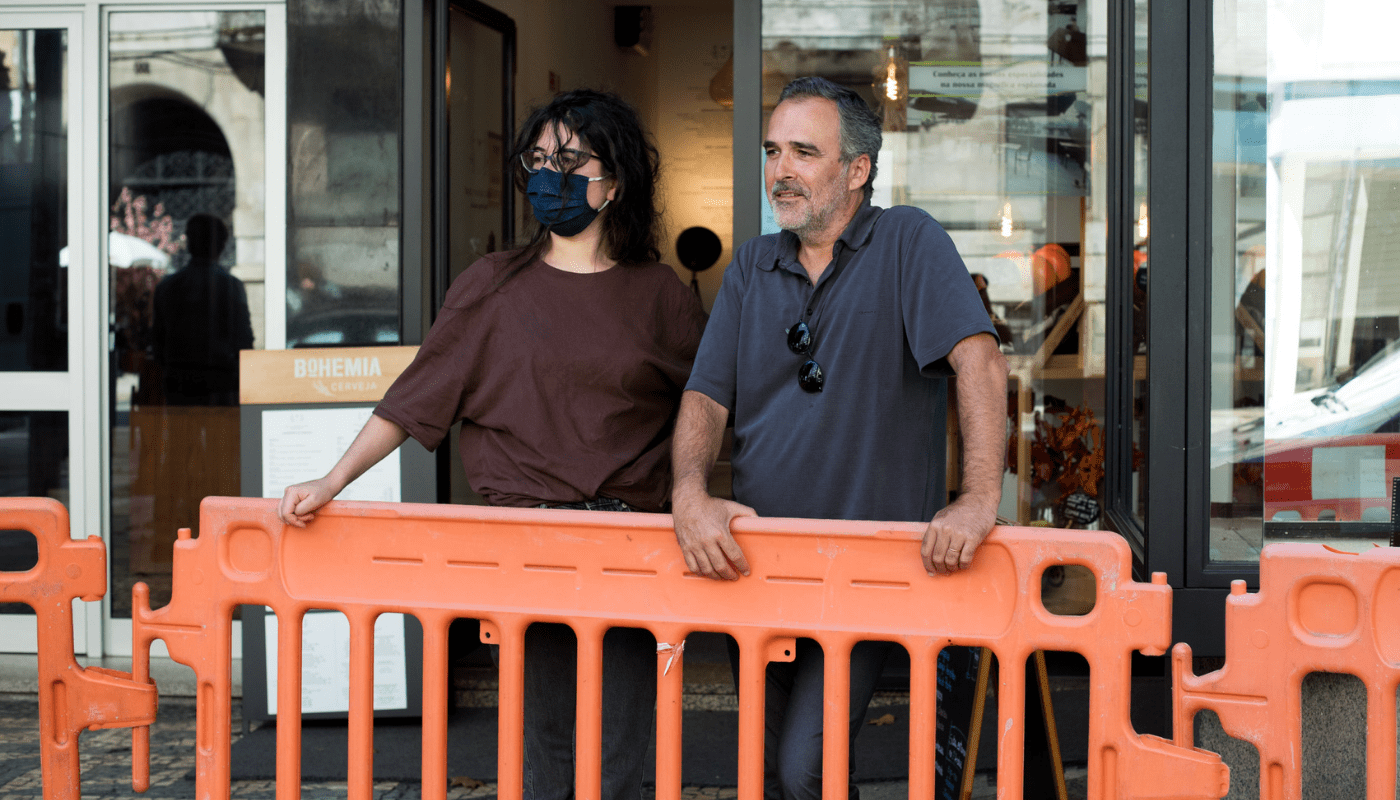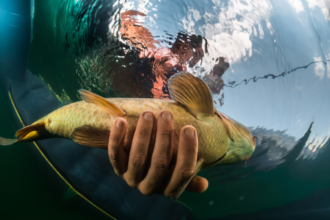Jorge Tavares | NAVIA | Questionnaire
What are the main outcomes of your work on blue bioeconomy?
The area where I have had some intervention is fish farming. Through NAVIA, our team and technology support infrastructures are operations and we have had some success there. We managed to ensure that, at the end of a working day, fish farming teams don’t have a pile of papers, Excels and scattered data, but rather organized and easily accessible information. This makes all the difference, especially for those who manage, analyze and decide on a highly unpredictable system such as a fish farm.
A project on blue bioeconomy you participated in and that you are proud of
I am very proud to have participated with NAVIA in “VALORMAR”. It was an aggregating project focused on the bioeconomy, which brought together several dozens of entities for three years. For NAVIA, it was an excellent opportunity to dive into this “ocean”.
The best blue bioeconomy tip you follow on your daily life
As a child, I was lucky enough to witness this:
On a very hot day, my grandfather after drinking a freshwater glass from a fountain, looked at the empty glass and said: “They will only value you when they don’t have you anymore”.
I don’t know if it comes from here, but I’ve always had a huge fascination with water and everything that is simple and natural.
With arrogance, humans are deviating from the greatest source of knowledge, balance and beauty – nature. In fish farming, I sincerely believe that the best solutions are the simplest, those that flow as naturally as possible and that are within everyone’s reach.
A course, an event, a meeting, a person who impacted and changed or reinforced your ideas/methods/working procedures – good practices
Looking back, I recall two teachers that come to my mind.
One of them was a Philosophy teacher. He taught us Philosophy in such a passionate way, creating discussions and impelling students to use their minds. He taught me to think with my head, listen to others, and read.
The other was a college teacher, right in my freshman year. The enthusiastic and energetic way in which he gave classes, turning complicated subjects into simple information marked me professionally and encouraged me to be an engineer and a teacher.
These are two people, among the many who, almost anonymously, have influenced and shaped me.
How do you imagine blue bioeconomy in 30 years? Forecast
I have a hard time answering that question!
At a time when there is so much talk about technology, digitization, biotechnology…, I believe that the blue economy will evolve in that direction. However, the western world is in such a frenzy that, in many ways, we are all in an extremely precarious and unpredictable balance.
Obviously, ecology and sustainability will inevitably enter our daily lives. I wish that this technology will actually serve to impose them, instead of pushing them away.
The best about working with B2E
Their availability, competence and teamwork, making it happen in such an organic way.
We haven’t worked on a real project together yet but that day is coming, and I am looking forward to it. Results and enthusiasm are guaranteed.
An idea to improve work with B2E
That’s a tough one!
Despite having scientific and R&D goals, always try to speak the companies, people and real economy language.
Honestly, I think you already have these “skills” but in many R&D dissemination entities we witness the mere fulfillment of an academic agenda, which normally results in little more than “paper war”.
When you are not working, you are:
I’m not a workaholic, but I’m lucky enough to really enjoy my job so, sometimes, when I’m not working… I’m actually working!
Other than that, I’m addicted to swimming and nature, I do a lot of walking trails, I love the outdoors, I’m convinced I can cook, I love having dinner with friends and family, I really like my garden and I really enjoy reading (although these last two suffer from lack of time).





